 W
WGeorge Miller Beard was an American neurologist who popularized the term neurasthenia, starting around 1869.
 W
WBarry L Beyerstein was a scientific skeptic and professor of psychology at Simon Fraser University in Burnaby, British Columbia. Beyerstein's research explored brain mechanisms of perception and consciousness, the effects of drugs on the brain and mind, sense of smell and its lesser-known contributions to human cognition and emotion. He was founder and chair of the BC Skeptics Society, a Fellow and member of the Executive Council of the Committee for the Scientific Investigation of Claims of the Paranormal (CSICOP), now known as the Committee for Skeptical Inquiry. Associate editor of the Scientific Review of Alternative Medicine Journal as well as a contributor to Skeptical Inquirer, Beyerstein was one of the original faculty of CSICOP's Skeptic's Toolbox. Beyerstein was a co-founder of the Canadians for Rational Health Policy and a member of the Advisory Board of the Drug Policy Foundation of Washington D.C. He was a founding board member of the Canadian Foundation for Drug Policy and contributed to the International Journal of Drug Policy. According to long-time friend James Alcock, Beyerstein once addressed the House of Commons Standing Committee on Health during discussions leading up to the passage of the Controlled Substances Act". Along with his brother Dale, Barry was active "in the British Columbia Civil Liberties Association".
 W
WWilliam Benjamin Carpenter CB FRS was an English physician, invertebrate zoologist and physiologist. He was instrumental in the early stages of the unified University of London.
 W
WChristopher Charles French is a British psychologist specialising in the psychology of paranormal beliefs and experiences, cognition and emotion. He is the head of the University of London's Anomalistic psychology research unit and appears regularly in the media as an expert on testing paranormal claims.
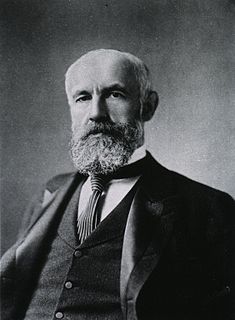 W
WGranville Stanley Hall was a pioneering American psychologist and educator. His interests focused on childhood development and evolutionary theory. Hall was the first president of the American Psychological Association and the first president of Clark University. A Review of General Psychology survey, published in 2002, ranked Hall as the 72nd most cited psychologist of the 20th century, in a tie with Lewis Terman.
 W
WWilliam Alexander Hammond was an American military physician and neurologist. During the American Civil War he was the eleventh Surgeon General of the United States Army (1862–1864) and the founder of the Army Medical Museum.
 W
WRay Hyman is a Professor Emeritus of Psychology at the University of Oregon in Eugene, Oregon, and a noted critic of parapsychology. Hyman, along with James Randi, Martin Gardner and Paul Kurtz, is one of the founders of the modern skeptical movement. He is the founder and leader of the Skeptic's Toolbox. Hyman serves on the Executive Council for the Committee for Skeptical Inquiry.
 W
WJoseph Jastrow was a Polish-born American psychologist, noted for inventions in experimental psychology, design of experiments, and psychophysics. He also worked on the phenomena of optical illusions, and a number of well-known optical illusions were either discovered or popularized in his work. Jastrow believed that everyone had their own, often incorrect, preconceptions about psychology. One of his goals was to use the scientific method to identify truth from error, and educate the layperson, which he did through speaking tours, popular print media, and radio.
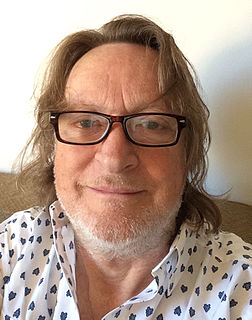 W
WDavid Francis Marks is a psychologist, author and editor of twenty-five books largely concerned with four areas of psychological research – health psychology, consciousness, parapsychology and intelligence. He has also published books about artists and their works.
 W
WJohn Nevil Maskelyne was an English stage magician and inventor of the pay toilet, along with other Victorian-era devices. He worked with magicians George Alfred Cooke and David Devant, and many of his illusions are still performed today. His book Sharps and Flats: A Complete Revelation of the Secrets of Cheating at Games of Chance and Skill is considered a classic overview of card sharp practices, and in 1914 he founded the Occult Committee, a group whose remit was to "investigate claims to supernatural power and to expose fraud".
 W
WHenry Maudsley FRCP was a pioneering English psychiatrist, commemorated in the Maudsley Hospital in London and in the annual Maudsley Lecture of the Royal College of Psychiatrists.
 W
WCharles Arthur Mercier was a British psychiatrist and leading expert on forensic psychiatry and insanity.
 W
WParanormality: Why we see what isn't there is a 2011 book about the paranormal by psychologist and magician Richard Wiseman. Wiseman argues that paranormal phenomena such as psychics, telepathy, ghosts, out-of-body experiences, prophesy and more do not exist, and explores why people continue to believe, and what that tells us about human behavior and the way the brain functions. Wiseman uses QR codes throughout the book, which link to YouTube videos as examples and as experiments the reader can participate in to further explain the phenomena. Because of a cautious American publishing market, it was only available in America through Kindle. Paranormality was awarded the Center for Inquiry's Robert P. Balles award for 2011.
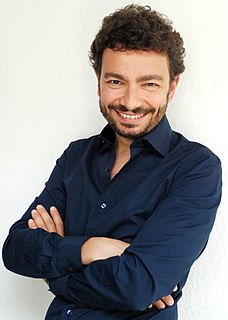 W
WMassimo Polidoro is an Italian psychologist, writer, journalist, television personality, co-founder and executive director of the Italian Committee for the Investigation of Claims of the Pseudoscience (CICAP).
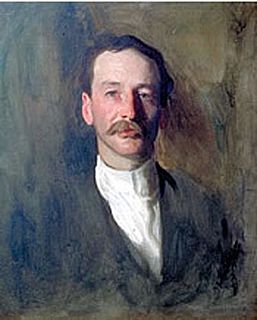 W
WMorton Henry Prince was an American physician who specialized in neurology and abnormal psychology, and was a leading force in establishing psychology as a clinical and academic discipline.
 W
WThe Psychology of the Occult is a 1952 skeptical book on the paranormal by psychologist D. H. Rawcliffe. It was later published as Illusions and Delusions of the Supernatural and the Occult (1959) and Occult and Supernatural Phenomena (1988) by Dover Publications. Biologist Julian Huxley wrote a foreword to the book.
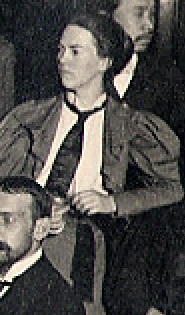 W
WAmy Eliza Tanner was an American psychologist.
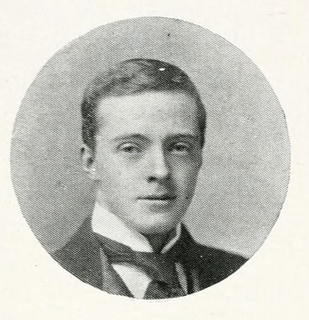 W
WIvor Lloyd Tuckett was a British professor of physiology, physician, and skeptic.
 W
WRichard J. Wiseman is a Professor of the Public Understanding of Psychology at the University of Hertfordshire in the United Kingdom. He has written several best-selling popular psychology books that have been translated into over 30 languages. He has given keynote addresses to The Royal Society, The Swiss Economic Forum, Google and Amazon. He is a fellow for the Committee for Skeptical Inquiry and a patron of Humanists UK. Wiseman is also the creator of the YouTube channel Quirkology.